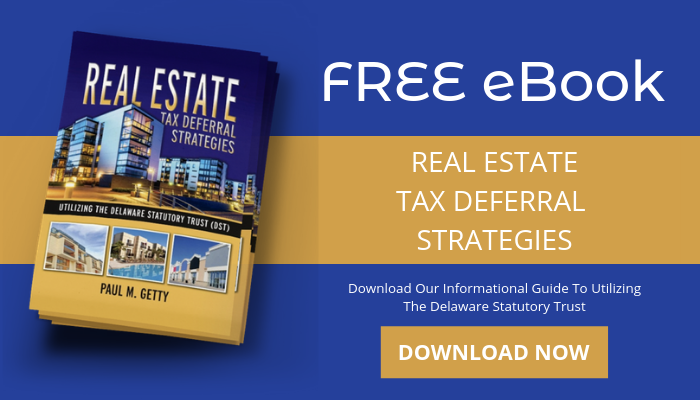Many financial professionals recommend that their clients allocate a portion of their investment portfolios to real estate. A common approach is by investing in a real estate investment trust (REIT). As defined by the industry’s trade organization, NAREIT:
“A REIT is a company that owns, operates, or finances income-producing real estate. REITs allow anyone to invest in portfolios of real estate assets the same way they invest in other industries – through the purchase of individual company stock or through a mutual fund or exchange-traded fund (ETF).” - NAREIT.
The popularity of REITs cannot be denied. According to NAREIT:
- Approximately 145 million Americans live in households invested in REITs through their 401(k), IRAs, pension plans, and other investment funds.
- REITs of all types collectively own more than $3.5 trillion in gross assets across the U.S.
- U.S. public REITs own approximately $2.5 trillion in assets, representing more than 500,000 properties
REITs are often attractive to investors who want to own income-producing real estate but don’t have the resources to invest directly. REITs are available in publicly traded and non-traded structures, and for this post, we will focus on public REITs.
How REITs Work
Most REITs operate as equity REITs, where they own and manage investment property and where investors purchase shares of the REIT and receive distributions generated from the tenant rents.
Equity REITs own and operate various property types, including retail, office, industrial and multifamily, and derive most of their revenue from tenant rent payments.
While not as common as equity REITs, mortgage REITs (known as mREITs) serve an important role by financing commercial and residential properties. They generate most of their revenue from interest earned on their investments in property mortgages.
Investors can also participate in REITs without investing as direct shareholders. REIT mutual funds and ETFs are popular options for investors interested in achieving a greater real estate portfolio diversification by owning shares in many different REITs.
Benefits
Publicly traded REITs offer investors several benefits that include:
- Potential for consistent dividend-based income as REITs are required to pay out at least 90% of their taxable income
- Competitive long-term market performance relative to stocks and bonds
- Transparency, as independent boards of directors and auditors are required to meet specific reporting requirements
- Liquidity, as shares of public REITs are traded on most major stock exchanges
- Inflation protection, as REITs have historically performed well during periods of rising prices
- Portfolio diversification, as REITs generally have a low correlation to stocks and bonds
- Retirement planning and income since shares can purchased with retirement funds through 401(k), IRAs, or other pension plans
The income-producing characteristics of REITs and historically competitive long-term returns are why many consider REITs effective complements to traditional stock and bond portfolios.
Risk Considerations
REITs are subject to their own risks, some of which include:
- Portfolio risk, should the properties underperform and experience a drop in valuation
- Economic risk, should U.S. economic conditions impact occupancy rates or income
- Interest rate risk, as most REITs borrow money to acquire properties and higher interest rates could impact returns
- Sector or geographical risk, as REITs may be concentrated with a particular asset type or in specific locations that could underperform
Outlook
Undeniably, the commercial real estate market suffered significant disruption during the recent pandemic as lockdowns, business closures, and employment declines impacted virtually every asset type.
But, as reported in the Wall Street Journal, by mid-point this year, the broad U.S. real market had recovered quite well:
“REITs Are Back in Vogue as Real-Estate Market Makes a Comeback
The FTSE NAREIT All REITs index—the broadest U.S. REIT index, with a market capitalization of $1.4 trillion—had a total return, including dividends, of 26.05% this year as of July 31, versus 17.99% for the S&P 500 index.” - wsj.com August 8, 2021
As the economy continues to recover, this could be an excellent time to evaluate your current portfolio holdings and discuss how investing in REITs might improve your overall portfolio performance.
In our next post, we will take a closer look at the various types of REIT investment, including the private REIT industry.
For more information of REIT investments, please contact us at info@FGG1031.com or via phone at 408 392-8822.









Your Comments :